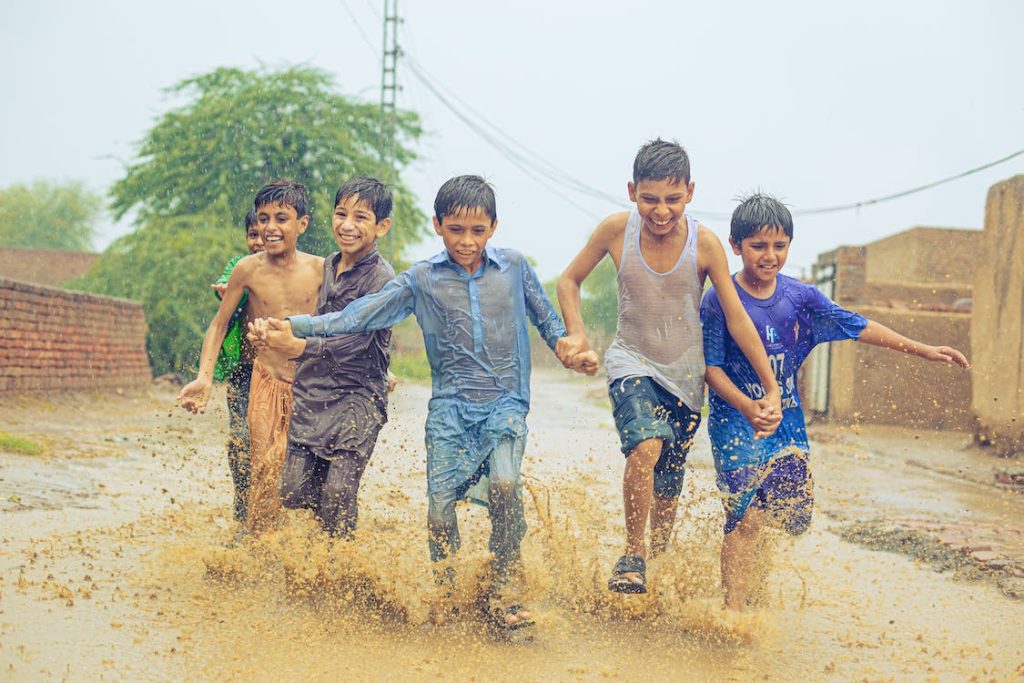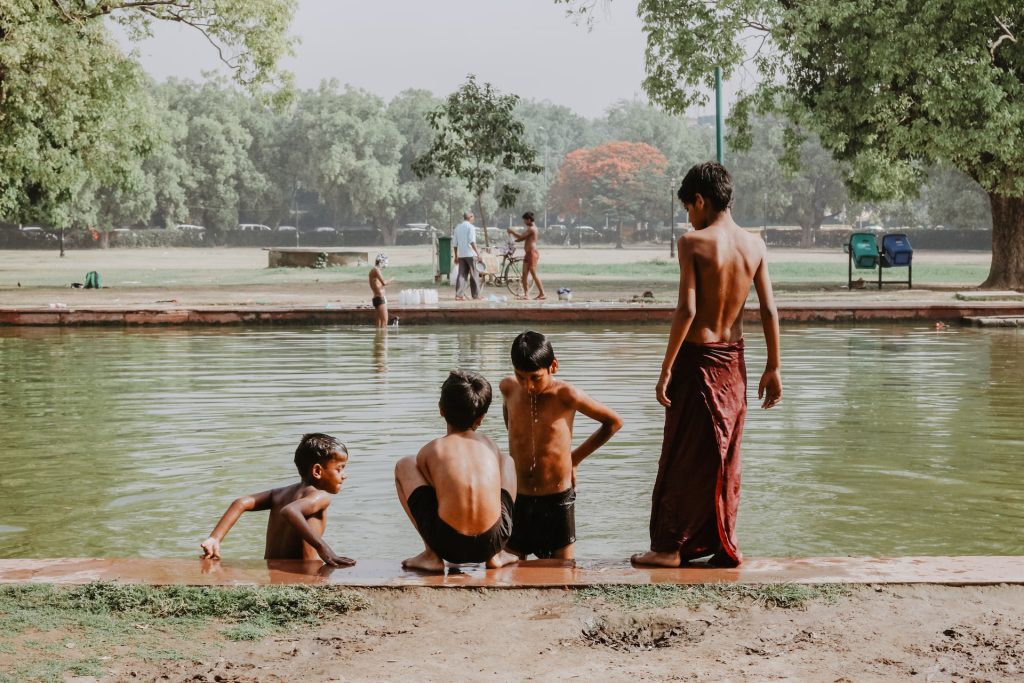Cholera, a severe and sometimes life-threatening disease, affects millions of people worldwide. It’s a heartbreaking reality that many face due to circumstances often beyond their control. This article aims to shed light on this challenging health issue, fostering understanding and empathy for those affected.
Table of Contents
What is Cholera? What is the Cholera Bacteria?
Cholera is an infectious disease caused by the Vibrio cholerae bacteria (V. cholerae). This disease is characterized by severe watery diarrhea, which can lead to dangerous levels of dehydration.
Cholera bacteria typically spreads through contaminated food or water, making it particularly prevalent in areas where water sanitation practices are poor or non-existent. Raw or undercooked shellfish can cause it too.
Understanding Cholera Outbreaks
Cholera outbreaks usually occur in areas with poor sanitation, unsafe water supplies, and inadequate hygiene practices. It’s heart-wrenching to think that something as basic as clean water can be a matter of life and death.
More often than not, cholera outbreaks are not isolated incidents. They are an unfortunate and harsh reflection of the broader socio-economic issues that the affected regions face. These include lack of proper infrastructure, poverty, and sometimes, even political instability. The ripple effects of these conditions create an environment conducive for the bacteria to thrive and spread.
During an outbreak, cholera can spread rapidly in communities, leading to significant morbidity and mortality rates. It’s like a wildfire that suddenly engulfs a dry forest, leaving devastation in its wake. But unlike wildfires, cholera outbreaks are preventable and can be controlled with collective and concerted efforts.
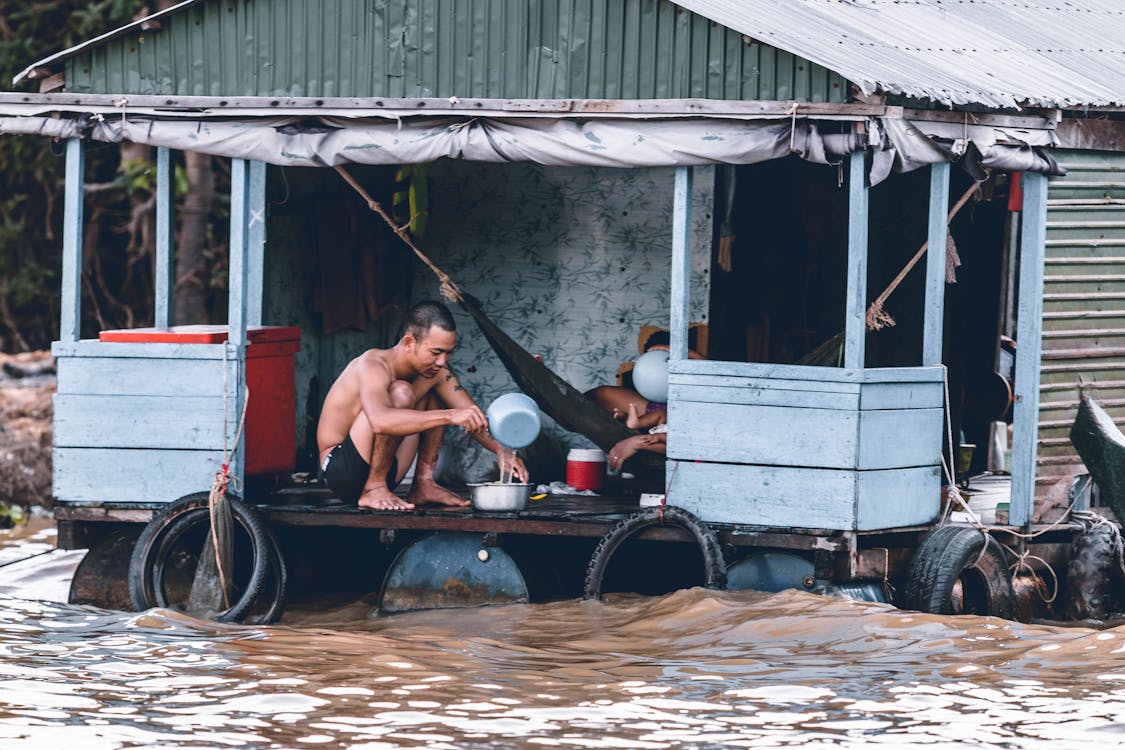
Health Risks Associated with Cholera Outbreaks
The health risks associated with outbreaks are grave and far-reaching. A cholera infection is not just a health crisis; it’s a humanitarian one. In its severe form, this bacterial infection can cause acute severe diarrhea that can lead to life-threatening dehydration within hours.
Imagine being so thirsty but unable to drink for fear of worsening your condition – that’s the reality for many cholera patients. An oral rehydration solution can help sometimes, but it is not enough to combat severe dehydration.
Other Long-Term Effects
In addition to the immediate physical impacts, cholera can also have long-term effects on a person’s health. Those who survive may suffer from malnutrition, weakened immunity, and other related complications. Furthermore, cholera outbreaks often strain healthcare systems, especially in regions that are already grappling with limited resources. This means that even people who don’t contract cholera may be indirectly affected because of reduced access to healthcare services.
Countries Affected by Cholera Outbreaks
Cholera does not discriminate—it affects both children and adults alike. However, it’s no secret that it disproportionately impacts countries grappling with poverty, conflict, and natural disasters.
Many of the countries affected by cholera outbreaks are those least equipped to deal with them. These include nations in sub-Saharan Africa, South Asia, and parts of Latin America. Often, these countries lack the necessary infrastructure to provide clean water and sanitation to all their citizens.
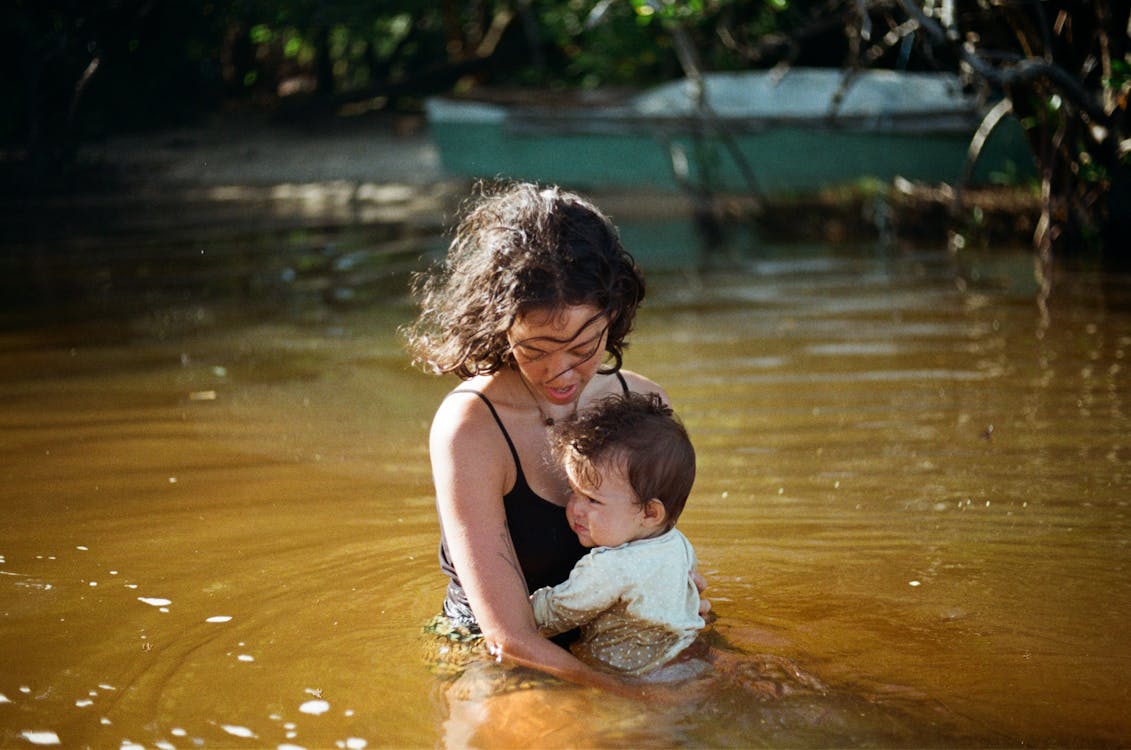
In Yemen, for example, the ongoing conflict has led to one of the worst cholera outbreaks in recent history. Similarly, in Haiti, the devastating earthquake of 2010 was followed by a massive cholera outbreak. These instances remind us that cholera is not just about bacteria; it’s about people, their living conditions, and the social and political factors that perpetuate these conditions.
Each cholera-affected country has a story to tell—a story of struggle, resilience, and the urgent need for change. And while these stories may be geographically distant for some of us, they are a shared human experience that calls for empathy, understanding, and action.
Introducing UNSDG 6: A Global Effort Toward Clean Water and Sanitation for All
The United Nations Sustainable Development Goal 6 (UNSDG 6) is more than just an international directive. It is a global commitment to ensure that every person on this planet has access to clean water and sanitation by 2030. This goal speaks directly to the heart of cholera prevention, as the disease is often a direct result of inadequate water and sanitation facilities.
It’s an ambition that touches the lives of all—imagine a world where no child has to drink from a contaminated stream, and no family is left without the basic human right of sanitation. The World Health Organization stands at the helm of this mission to reduce cholera deaths and prevent cholera epidemics.
How to Prevent Cholera Outbreaks: An Action Plan for Everyone
Preventing cholera isn’t merely a medical challenge—it’s also about infrastructure, education, and community participation.
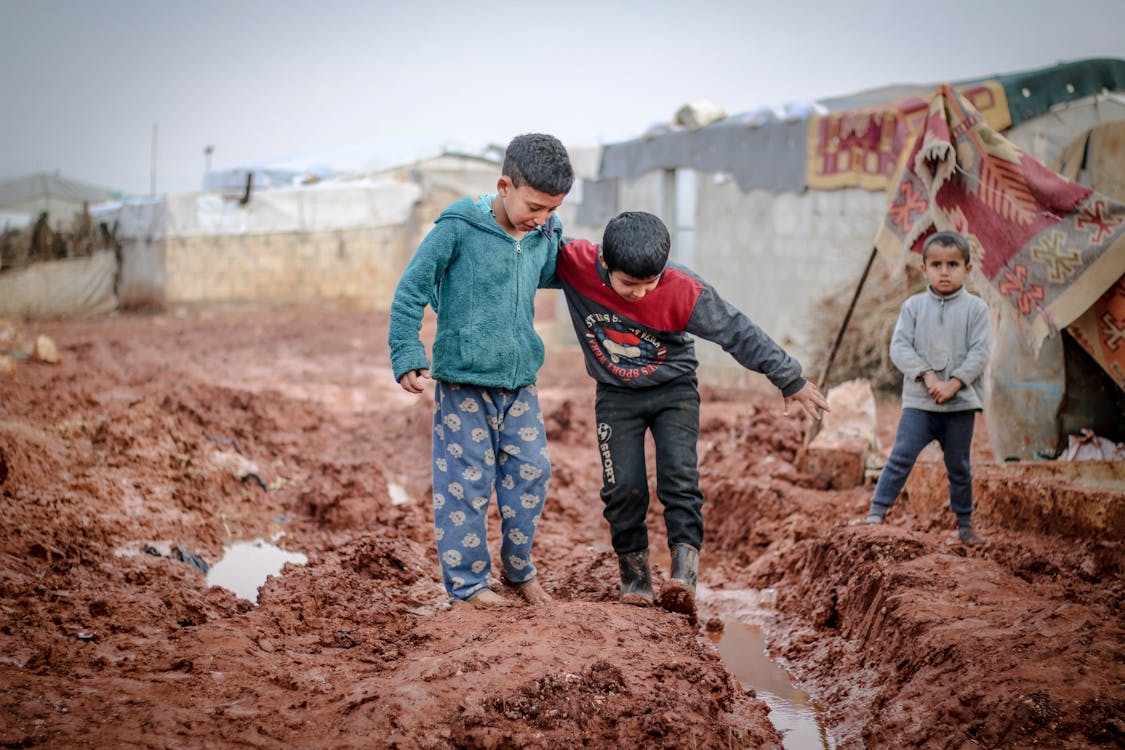
Improved Infrastructure
The most effective way to prevent cholera is through improved water, sanitation, and hygiene (WASH) practices. This means ensuring that communities have access to clean drinking water and adequate sanitation facilities, such as toilets and waste disposal systems.
Widespread Education
But it’s not just about building facilities. It’s also about education—teaching individuals the importance of hand hygiene, safe food preparation, and recognizing the symptoms of cholera so they can seek treatment early.
Vaccination is another crucial tool in our cholera prevention toolkit, especially during outbreaks and in areas where the risk of cholera is high.
The Role of Governments: Leadership in the Face of Cholera
Government bodies have a significant responsibility—and opportunity—to make a difference in the fight against cholera. They are the ones who set and enforce public health policies, including those related to WASH programs.
Their role extends to ensuring access to healthcare services, particularly in rural and underserved areas, and coordinating response efforts in the event of a cholera outbreak.
It’s about more than just policy and infrastructure, though. It’s about showing leadership, making the hard decisions, and standing up for the health and wellbeing of their citizens. When governments prioritize health, they send a powerful message: every life in their jurisdiction matters.
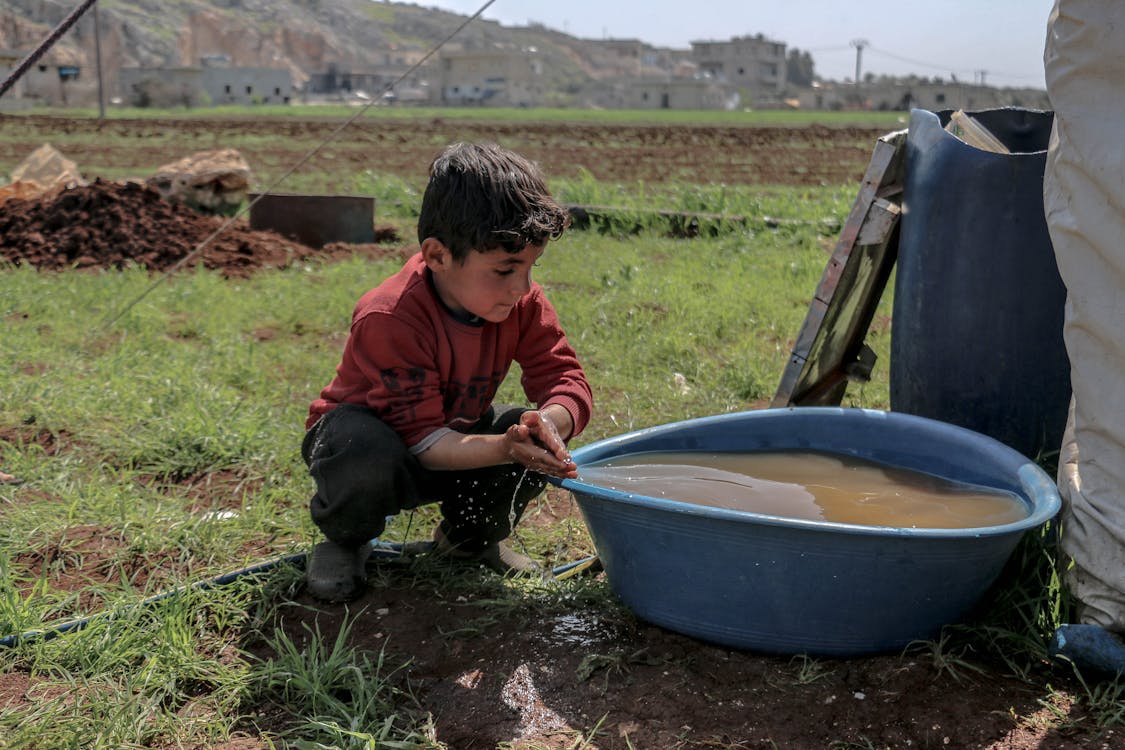
The Role of Local Communities and Individuals: Small Actions, Big Impact
The fight against cholera is not only waged in government offices or international conferences—it happens every day in our homes, schools, and workplaces. Each one of us can play a part in preventing cholera.
This includes practicing good hygiene, like washing hands regularly and properly. It means using safe water sources and ensuring food is cooked thoroughly. It involves seeking medical attention at the first sign of cholera symptoms, and not hesitating to take part in vaccination campaigns when available.
Each of these actions may seem small, but together, they can add up to a significant impact. When communities come together to fight cholera, they’re not just protecting their own health—they’re contributing to a global effort to eradicate this devastating disease.
LifeStraw: A Partner in the Advocacy
At LifeStraw, their core belief is that safe drinking water is a universal right, not a privilege. They are passionately committed to creating aesthetically pleasing, user-friendly products that offer optimal protection against unsafe water, tailored to their specific usage and location.
Their commitment extends beyond product creation; they are deeply invested in our global community and the environment. Hence, with every product purchased, they ensure a child in a vulnerable situation gets access to clean, safe water for a full year.
To Wrap Up
In conclusion, while cholera presents a significant global health challenge, it is a preventable disease. With concerted efforts from governments, local communities, individuals, and initiatives like UNSDG 6, we can hope to mitigate the impact of cholera and work towards its eventual eradication.
